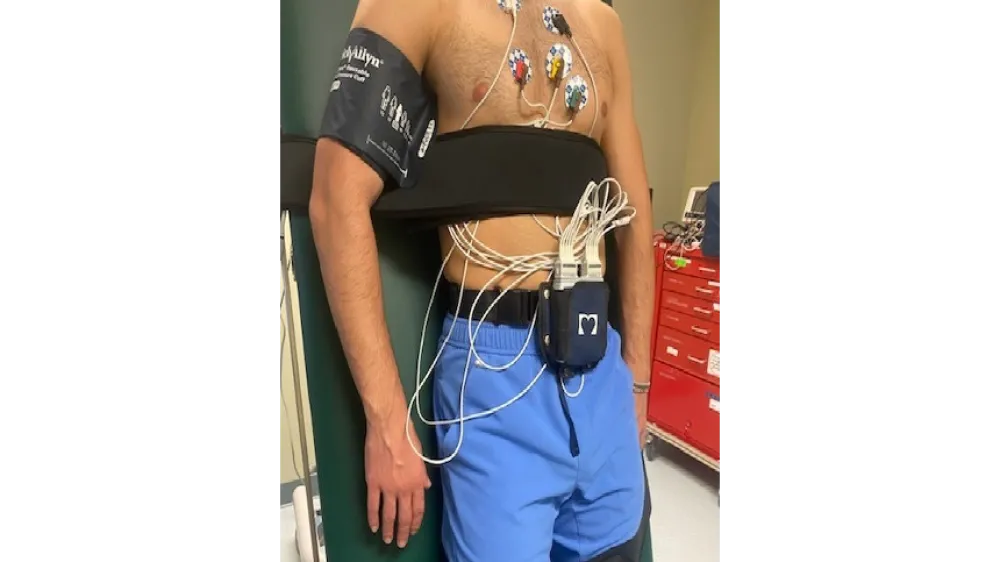Providing your location allows us to show you nearby locations and doctors.
Cardiac tilt table test may provide answers for unexplained fainting

11/18/2021
Syncope, or fainting, accounts for 1 to 3 percent of all Emergency Department visits and 6 percent of all hospital admissions in the United States, according to a study by Shamai A. Grossman and Madhu Badireddy in the medical database, StatPearls.
"It's pretty common, but many patients don't know why they passed out," said Dr. Teresa Menendez, an electrophysiologist with Nuvance Health Medical Practice in Norwalk. "It's important to do a thorough evaluation to find the cause."
Dr. Menendez explained that cardiovascular problems including arrythmias, structural heart disease, and postural orthostatic tachycardia syndrome (POTS) are sometimes the cause.
In her practice, Dr. Menendez utilizes a tilt table, a diagnostic test that continues to be useful in determining if lightheadedness, dizziness or fainting are related to a patient's heart rate or blood pressure, she said.
"After an EKG and echocardiogram are normal, this is an effective workup for the evaluation of patients with recurrent, unexplained syncope," Dr. Menendez said. "I have at least one patient a week who would benefit from this."
For the test, the tilt table is positioned almost upright and records your blood pressure, heart rhythm and heart rate on a beat-by-beat basis as the table is tilted to different angles. The 45-minute exam monitors how different positions affect your vital signs. The information is then used to develop the best treatment plan.
"It's really an invaluable tool that we should continue to use and keep in our toolbox," Dr. Menendez said.
To schedule an appointment with Dr. Menendez, call (203) 855-3680; TTY: 1-800-421-1220. Learn more about Nuvance Health's Heart and Vascular Institute,